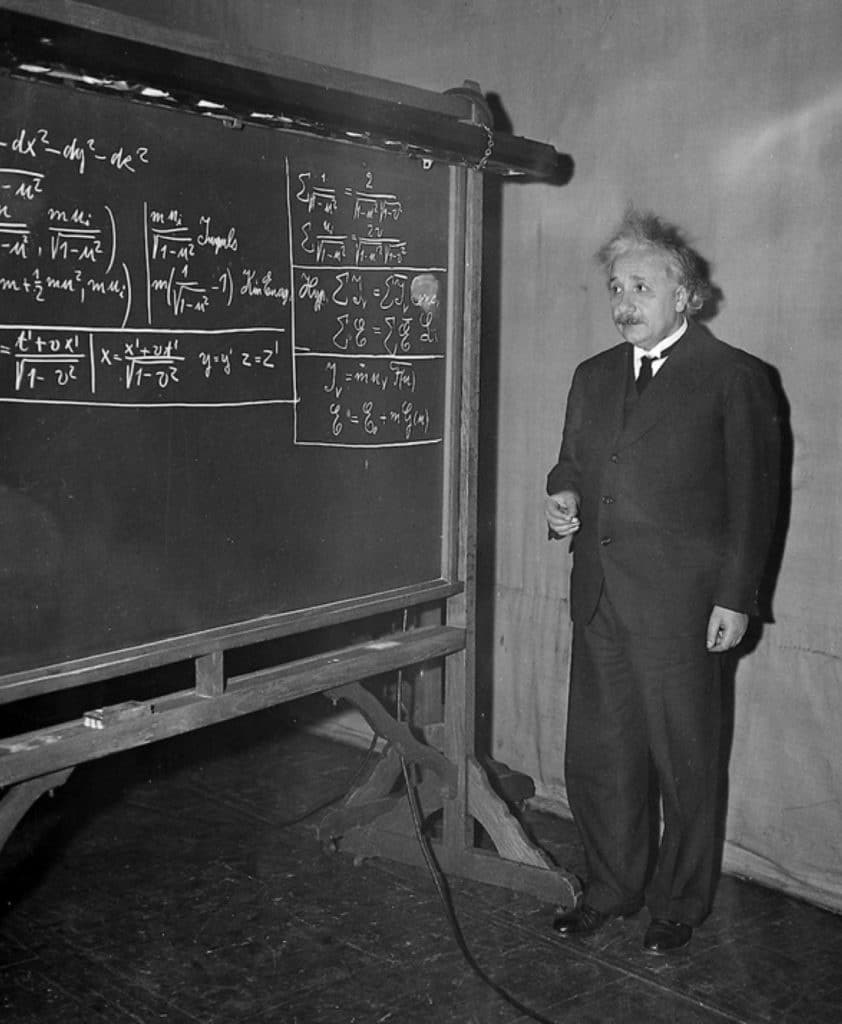
Physics is attractive to highly intelligent people for a variety of reasons. One important reason is that science, and in particular physics, addresses some of the most important questions about our existence, such as:
• How did the universe come into being?
• How long ago did the universe begin, or has it always existed?
• What is time?
• What is the composition of matter?
• What is consciousness?
As we search for meaning in life, these questions become paramount. Before the emergence of science, people sought meaning in mythologies, religion and other narratives that explained why we exist and the nature of our purpose in the cosmos. With the advent of science, we began to find answers that could be tested by observation. Furthermore, we could test our answers by using our science to make predictions and then test those predictions to check on the validity of our beliefs. Our science can predict the time of the eclipses, the existence of black holes and the energy released when an atom of uranium is split. Underpinning the great laws of physics are mathematical equations–constructs of the human mind based in our internal logical systems.
As Eugene Wigner, awarded the 1963 Nobel Prize in physics, famously observed in his article The Unreasonable Effectiveness of Mathematics:
The miracle of the appropriateness of the language of mathematics for the formulation of the laws of physics is a wonderful gift, which we neither understand nor deserve.
The investigation of the microcosm of quantum physics has prompted us to question causality, determinism and other fundamental concepts that defy our intuition. That is the magic of physics and one of the reasons why it’s so attractive to intelligent people.
